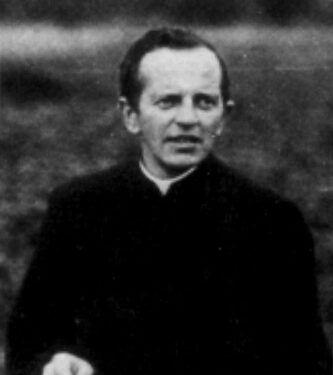In 1978, several independent peasant organisations emerged in Poland’s rural communities, which did not agree with the communist policy towards farmers and their families, including the creation of state and cooperative farms based on the Soviet model. One of them was the Committee for Peasant Self-Defence of the Grójec Land (KSCh ZG).
The communist regime in Poland after 1944 was never supported by the rural population in Poland. They provided support for the soldiers of the independence underground, as well as they were a natural base for the opposition party, the Polish People’s Party (PSL), which was legal for a short time. Polish peasants were repressed, and members of the peasant movement were even secretly murdered for supporting PSL.
The formation of the Workers’ Defence Committee (KOR) in 1976 and the Movement for the Defence of Human and Citizen’s Rights (ROPCiO) a year later created real opportunities for organised opposition in the rural environment as well.
At the end of July 1978, the Lublin Land Peasants’ Self-Defence Committee was established in the Lublin area, headed by Janusz Rożek. Less than 1.5 months later, on 9 September 1978, the Committee of Peasants’ Self-Defence of the Grójec Land was established in Zbrosza Duża, a small village near Grójec. The communist authorities tried to liquidate the Committee. The local parish priest, Father Czesław Sadłowski, played a key role in its establishment. A day later, on 10 September 1978, in nearby Lisów near Białobrzegi, the Provisional Committee of the Independent Farmers’ Trade Union was established, headed by Henryk Bak. Farmers affiliated to such organisations expected a change in the unfavourable pension law and an improvement in the supply of basic products to the countryside. As part of their activities, they organised protest actions and published illegal magazines. They also carried out educational activities as part of the People’s University established, among others, in Zbrosza.
After 1980, the activists of these organisations were actively involved in the establishment of Rural Solidarity structures.





